Who are the Wagner mercenaries and why are they so involved in Ukraine?
- Oops!Something went wrong.Please try again later.
- Oops!Something went wrong.Please try again later.
Russian soldiers fighting in Ukraine have been supported on the battlefield by tens of thousands of mercenaries from a shadowy group led by a businessman and longtime affiliate of President Vladimir Putin.
The Wagner private military company, under the control of Yevgeny Prigozhin, cut its teeth in deployments to Crimea and eastern Ukraine’s Donbas region in 2014 and has since contracted troops to several conflicts in the Middle East and Africa, including the Syrian Civil War.
In Russia’s invasion of Ukraine, Wagner has proved indispensable, but a power struggle between the Kremlin and the outspoken Mr Prigozhin recently led to the group having its wings clipped by Moscow.
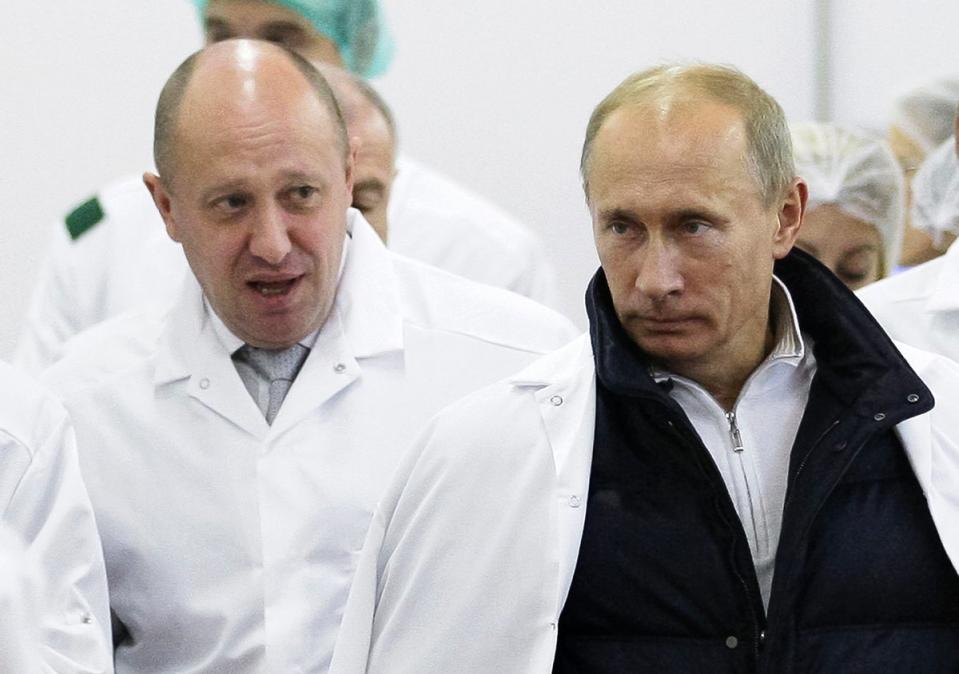
Mr Prigozhin, a 61-year-old ex-convict sometimes known as “Putin’s chef” because his catering business has hosted dinners for the Russian president and fed the Kremlin’s armed forces, denied all links with the group until September last year when he announced he was “proud” to be its founder.
He said he founded Wagner to support Russian-backed separatists in the Donbas conflict.
“I cleaned the old weapons myself, sorted out the bulletproof vests myself and found specialists who could help me with this,” Mr Prigozhin said. “From that moment, on 1 May 2014, a group of patriots was born, which later came to be called the Wagner Battalion.”
Dmitry Utkin, a former Russian intelligence officer, is alleged to be a co-founder who remains near the top of the group’s command.
Wagner has been accused of committing human rights abuses in Ukraine, Syria, Libya, Central African Republic, Sudan, Mali and Mozambique.
The group is also believed to be working for the Burkina Faso government against an Islamist insurgency. Mr Prigozhin had a history of suing Russian and Western news outlets who alleged his involvement with the group. His secretive stance was to protect the Wagner soldiers, he claimed.
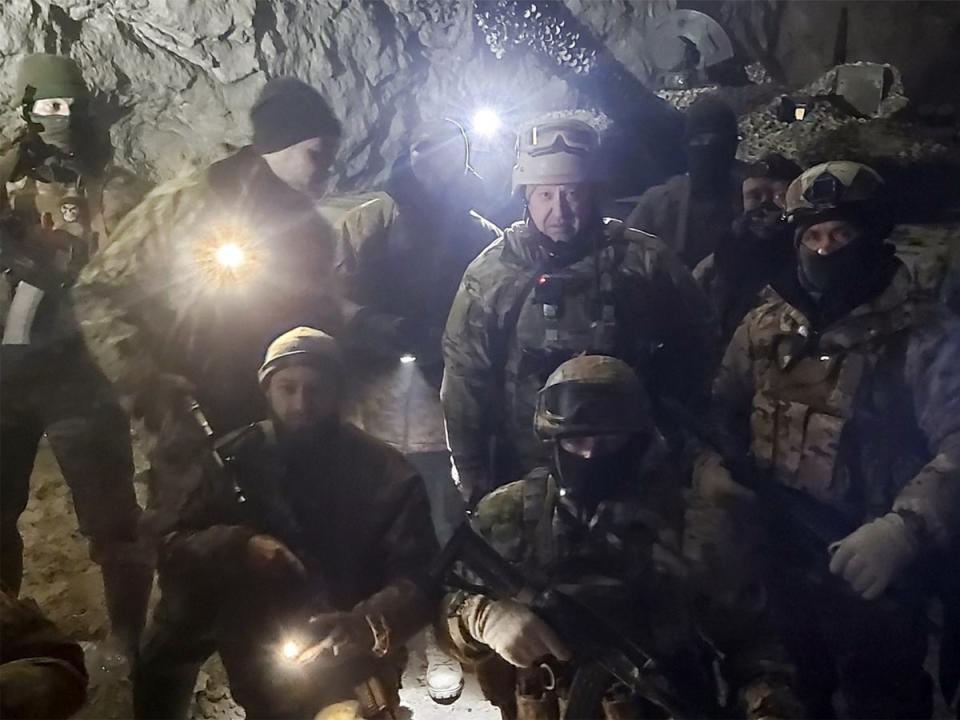
Mr Prigozhin admitted his links with Wagner as the group rose to prominence in the Ukraine conflict. British intelligence puts the number of Wagner troops active in Ukraine at 50,000, comprising a quarter of total Russian strength.
War contractors are nothing new but military analysts say the Kremlin has been heavily reliant on Wagner due to the heavy losses incurred by Russian forces during the war, along with difficulties in recruitment.
The British Ministry of Defence (MoD) first reported that Wagner had been deployed in Ukraine on 28 March 2022, little more than one month into the conflict after Russian losses had already begun to hamper the pace of assault.
Wagner has since then played significant roles in capturing towns such as Soledar, Popasna and Lysychansk – offering relative operational competence while the Kremlin has been forced to repeatedly switch around command of its own forces in the face of losses.
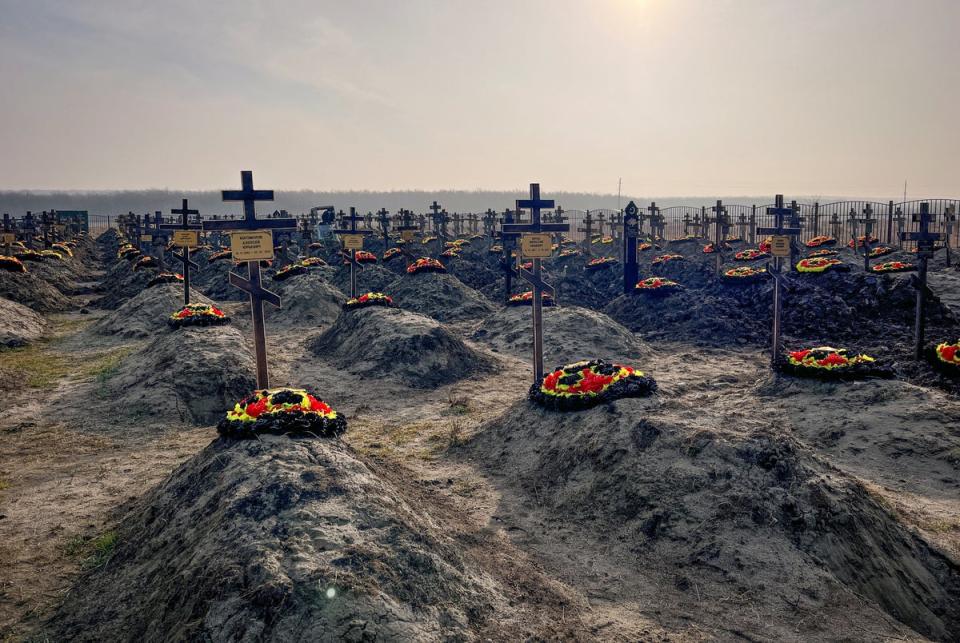
Mr Prigozhin has been at pains to claim victories for Wagner in Ukraine, sometimes putting him at odds with the Kremlin line. He has even accused Russia’s defence ministry of taking credit for Wagner successes.
In the battle for Soledar, a small town subject to an intense assault as part of Russia’s wider campaign to take over the city of Bakhmut, Mr Prigozhin said Wagner mercenaries had triumphed over Ukrainian forces days before the Kremlin said its own troops had done the same.
Bakhmut is prized by Moscow as its capture would put Russian forces in a stronger position in the goal of capturing all of the Donetsk and Luhansk regions which make up the Donbas.
On Sunday 12 February, Mr Prigozhin said Wagner had taken the village of Krasna Hora near Bakhmut, making no mention of Russian forces as Moscow began to launch a major offensive which targeted the Donetsk town along with several other frontline settlements.
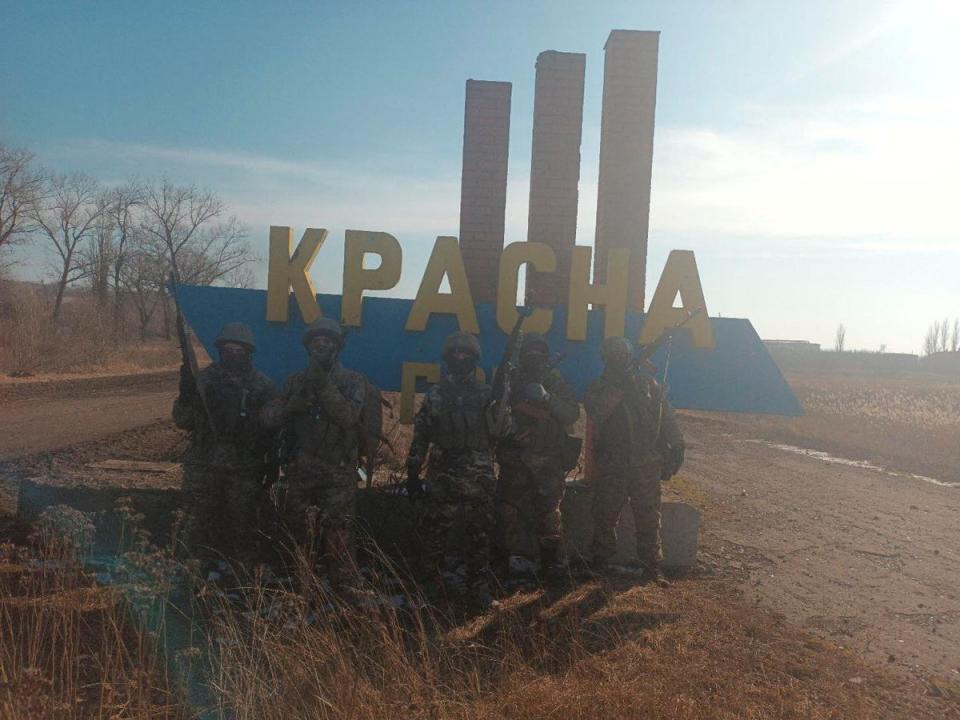
Speculation has raged over Mr Prigozhin’s ambitions in Russian politics and there are signs that Mr Putin is sensitive to any potential challenges by his former cook.
The Kremlin has moved to clip Mr Prigozhin’s wings, ordering him to halt his public criticism of the defence ministry while advising state media to stop mentioning him or Wagner by name.
Mr Prigozhin confirmed last week he had also been stripped of the right to recruit convicts from prisons – a key feeding ground for Wagner’s ranks – ceding the power back to the government for its own forces.
Sergei Markov, a former Kremlin adviser who maintains contacts in political circles, said the Russian government extracted a promise from Mr Prigozhin that he would not create his own political movement or join a parliamentary party unless asked to do so by officials.
“They are a little afraid of him and find him an inconvenient person,” Mr Markov said.
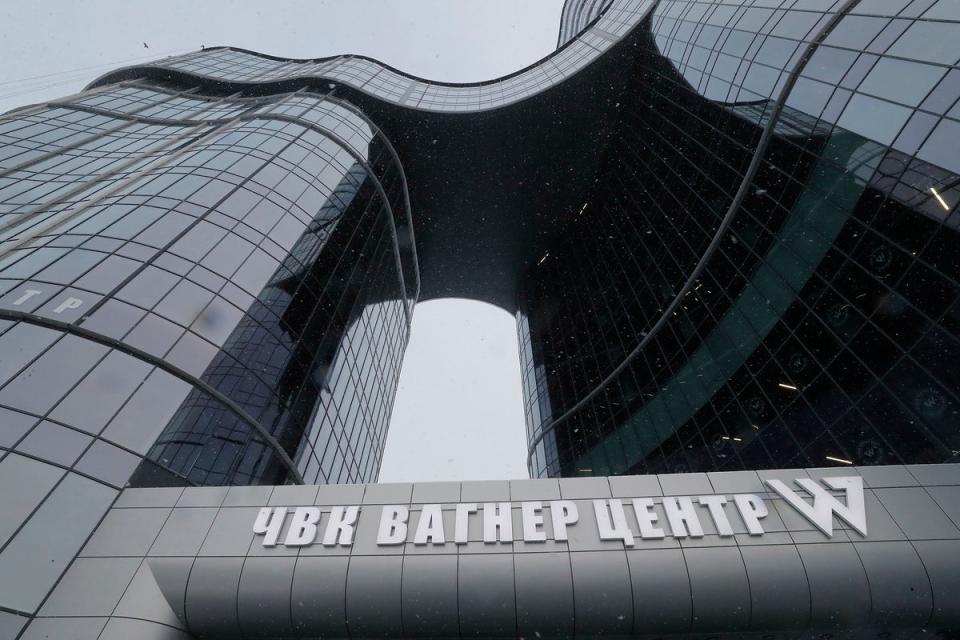
The group, formally PMC Wagner, recently moved its headquarters to an imposing glass high-rise in St Petersburg, which also acts as a technology centre and holds exhibits of advanced weaponry along grey corridors filled with camouflaged personnel.
Unsettling accounts of life in the mercenary group have surfaced recently from former members including Andrei Medvedev, who last month sought asylum in Norway after deserting a Wagner regiment in Ukraine. The 26-year-old said said sergeants were ruthless in their attempts to recruit new fighters.
“They would round up those who did not want to fight and shoot them in front of newcomers,” he alleged in an interview with CNN.
“They brought two prisoners who refused to go fight and they shot them in front of everyone and buried them right in the trenches that were dug by the trainees.”
The MoD said in July that Wagner was lowering recruitment standards to include formerly blacklisted individuals.
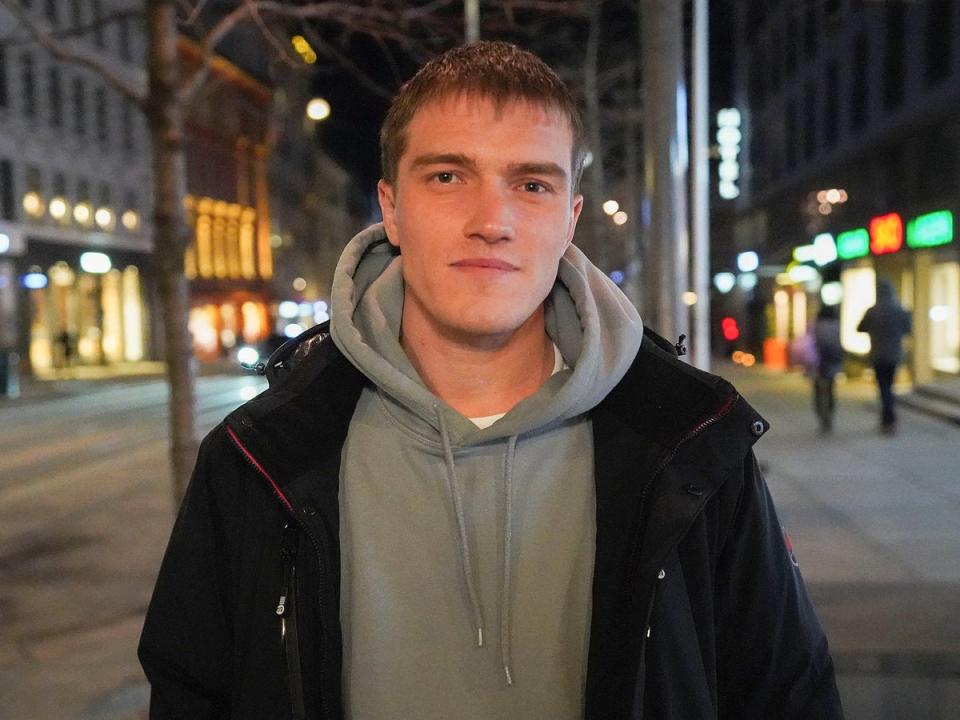
Mr Medvedev claimed he joined Wagner as a volunteer after serving in the Russian military. He said Wagner fighters were often sent into battle with little direction.
Two former Wagner fighters captured by Ukraine told CNN of devastating losses in assaults reminisscent of First World War charges.
Recalling his first assault near the village of Bilohorivka in Luhansk, one said: “There were 90 of us. Sixty died in that first assault, killed by mortar fire. A handful remained wounded.”
The other fighter said he was involved in a push for Lysychansk on the Luhansk/Donetsk border. “The first steps into the forest were difficult because of all the landmines spread out. Out of 10 guys, seven were killed immediately,” he said.
The fight went on for five days, he said. “There is no feeling attached to it. Just wave after wave. Four hundred [Wagner fighters] were brought there, and then more and more, all the time.”
Further evidence of brutality emerged on 14 February, as footage appeared to show a Russian convict who fought for Wagner being beaten to death with a sledgehammer after being accused of fleeing the war.

